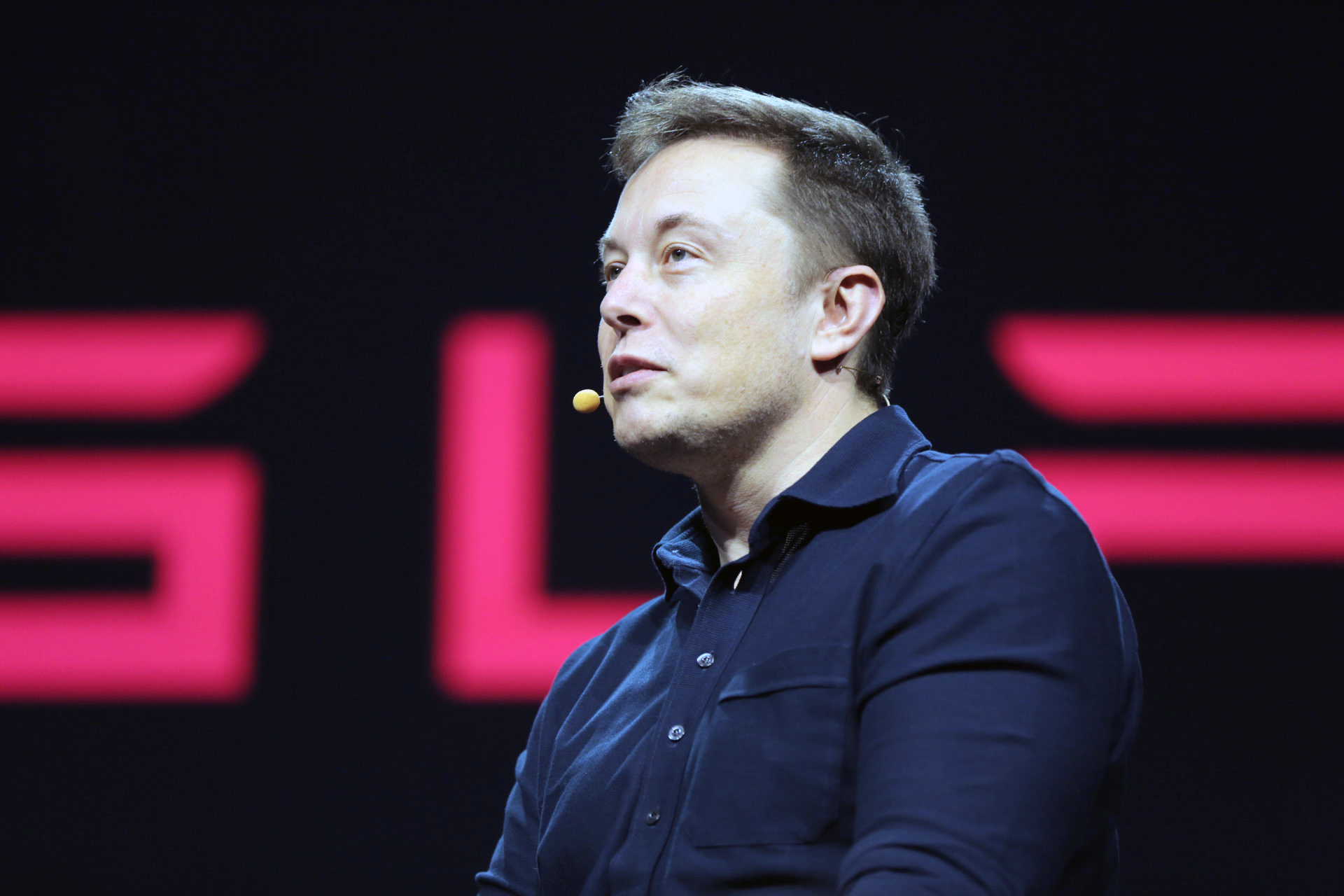The biggest lesson I’ve learned as a newly licensed therapist is that shaming people — thinking they’re flawed and therefore unworthy of love and belonging — is a surprisingly unproductive way to help them change and grow.
I say “surprisingly” because our society is overflowing with shame.
If you don’t have a job, it’s because you’re too lazy. If you struggle with alcohol or drugs, it’s because you’re too weak. If you don’t have six-pack abs, it’s because you’re not disciplined enough to work out and diet. If you rob or hurt someone, it’s because you’re bad, evil, a criminal.
We shame each other so much that you’d think it was actually working.
But shame doesn’t work. Instead of being about a behavior — like getting blackout drunk — its target is the person in their entirety, their essence. The person who got blackout drunk is bad all the way to their core. They’re an alcoholic, and it’s their fault because they must be too weak to overcome it.
Ironically, shame often pushes us to do even more of the thing we’re being shamed about. “The experience of shame — feeling fundamentally deficient — is so excruciating that we will do whatever we can to avoid it,” writes meditation teacher and psychologist Tara Brach.
This is definitely how I experience shame. I hate the fat around my stomach. I’ve been trying different diets and workouts for years with no success. But what really doesn’t work is beating myself up about skipping a run or eating ice cream.
A voice in my head says, “That’s why you’re fat. You’ll never get in shape.” This shaming feels so shitty that I want to numb out even more with another scoop of ice cream.
So, if shame doesn’t work, why do we keep shaming each other?
My guess is that it has something to do with capitalism — go figure! Shame is like racism — it serves the interests of the rich and powerful.
Jeff Bezos, Elon Musk, Donald Trump, they’d rather we blame ourselves for our suffering than blame them or the capitalist system that’s allowing them to essentially run the world. They’d rather we blame other people — especially poor people of color — and not them. They’d rather we punch down and not up.
Musk, the billionaire entrepreneur, recently said that, compared to Chinese workers, Americans “are trying to avoid going to work at all.”
They also want us to keep believing in the myth that with enough hard work, one day we can be rich too. If we do have a job — and especially if that job makes us work hard — we justify it by shaming people who for whatever reason aren’t as successful as us.
I like how the social psychologist Devon Price, author of Laziness Does Not Exist, puts it:
“People do accurately recognize that that [in capitalism] we live and die by our ability to work. And so there’s this self-defeating but also really rational quality to our compulsive overwork that a lot of us have. It becomes really self-defeating to say, ‘I’m in this on my own. I need to work really hard and make a lot of money so that I can take care of myself.’ Because when you think that way, you also take on a much gloomier view of other people. Anyone else and their needs is kind of a threat to my own kind of rugged individualism and independence.”
This is all to say that part of our collective work to transform our failing political and economic systems is having compassion for those who the rich and powerful are telling us to blame. Compassion, as in accepting people just as they are. Compassion, as in seeing that we’re on the same team. Price calls it “unlearning the hatred of laziness.”
Because the other big lesson I’ve learned is that self-compassion — accepting the parts of you that you think are unworthy of love and belonging — is way more effective than shame.
It’s only when I’ve slowed down, listened inside, gotten to know, and accepted the parts of myself that I hate that I’ve been able to make those small, daily changes in my life that add up to big personal growth.
Hi, I’m Jeremy, a writer, therapist, and meditation teacher. Subscribe to my weekly email to get posts like this straight to your inbox here.
